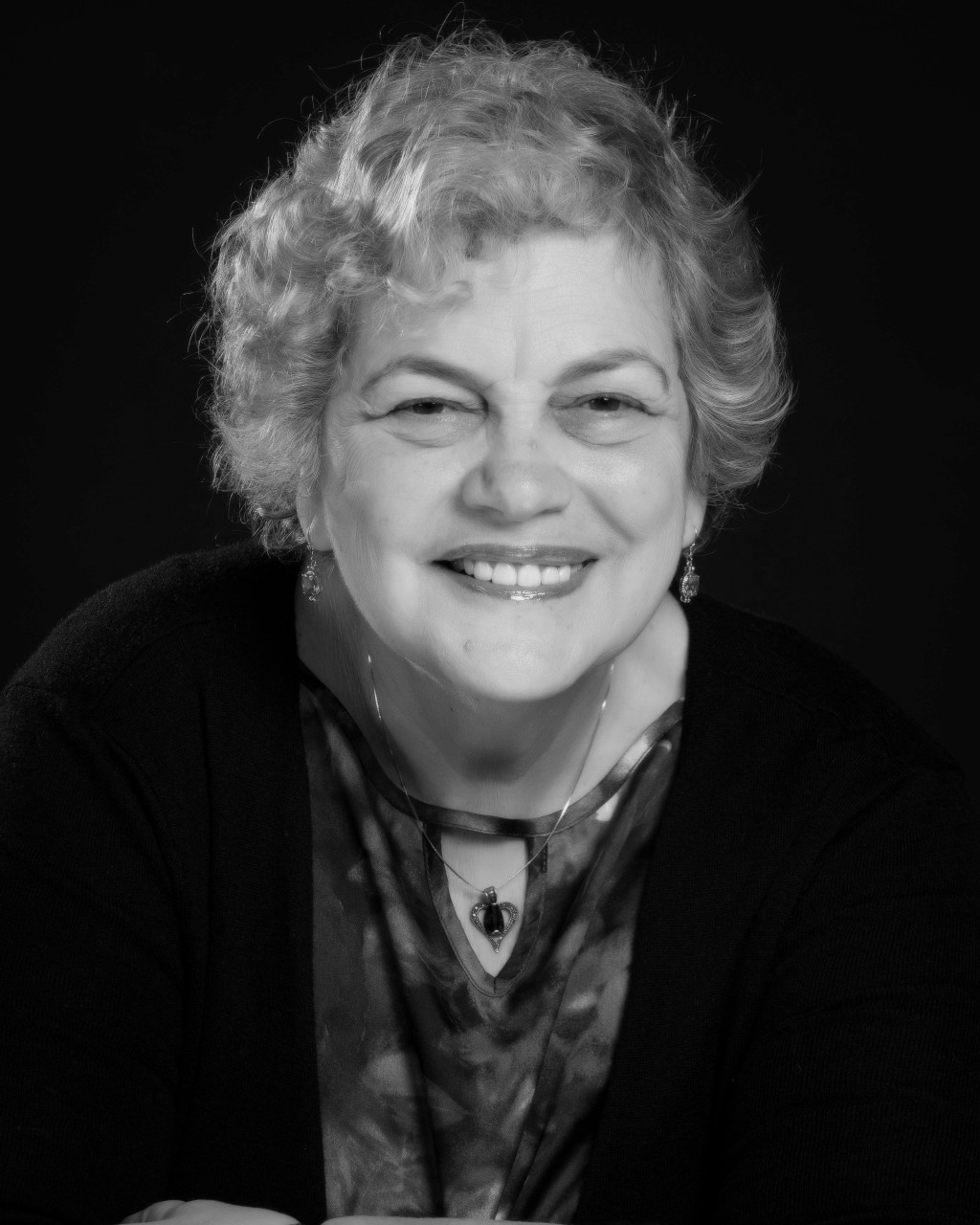Author Interview: Sally Constain
Today on gilagreenwrites, I'm excited to welcome Sally Constain, author of The Keys to Fanny. In addition to writing, we both teach English as a Foreign langauge, so it's always nice to meet others from around the world with the same occupations and learn from their experiences. Plus, she says she was very close to her grandmother and mine is still very dear to my heart, too. Welcome, Sally!
That is the beauty of fiction. We can take what we know, and carry it forth as we wish.
by Sally Constain
GG: You write that your book is not exactly your grandmother's life but might have been. In what way do you know her life was different and if you don't know the answer to that, in what way might it have been her life?
SC: The beginning of my novel is based on what I recall of my grandmother's stories of her childhood in a shtetl in Ukraine. I knew that she wanted to go to school as her younger brother did, and to learn to read and write. This was not an option for girls in her time and place. So, I enabled her to fulfill her dream by having her escape to America with a widowed aunt while she was a young teen, with her life ahead of her. That is the beauty of fiction. We can take what we know, and carry it forth as we wish.
GG: How long did it take you to write the book and what was your process?
SC: It took me three years to complete The Keys to Fanny, including editing. I wanted it to be as perfect as I could make it. After retirement, I decided to take a few writing courses, and just write small pieces for fun. One professor encouraged me to begin a novel based on a short story I had written for his class. And, so, I began, one chapter at a time, without an outline, not knowing how it would turn out. I lived in Fanny's shoes, and felt her grow stronger as she proceeded. Some of my characters were based on family, such as Fanny's father, Chaim and her brother, Louie. Others were created to fit the story. I did some research to more accurately portray shtetl life, and the Lower East Side at the turn of the last century.
GG: How do you think your teaching informs your writing?
SC: As a teacher in New York City, I had the opportunity to instruct newly arrived children from many countries, and I understand how they learn best. I applied that to Fanny trying to learn English. Just as I taught my students poetry, I had Fanny learn a lovely poem in her class. I also value the power of literacy, and wanted that for her and for others. I knew how to describe how registering to school works, and the routines of a school day.
GG: Do you find that modern Jews sometimes glorify the shtetl? If so, why do you think that is?
SC: Some modern Jews may glorify shtetl life because their family members wanted to protect them as children and did not tell how their lives really were. Also, some literature or movies make shtetl life seem quaint and charming. I knew it was not so. One set of my great grandparents were killed in a pogrom. That was more common than people know.I also knew that most Jews could not own land or study a career. Jewish people received no benefits from the government, but were expected to pay taxes and young men were conscripted into the Russian army where they were prosleticized and treated badly.
GG: Did you receive any unexpected reactions to your book?
SC: I was surprised and happy that readers from many different backgrounds and religions identified with their own family stories of immigration. It was a universal experience, I suppose. It meant a lot to me. I thought I was just telling a story of a Jewish girl escaping to New York, but it was more than that. I am all about reaching out, and inclusion. I was surprised that the majority of my reviewers requested a sequel. I did not have that in mind. I thought I ended my novel in a good place. My readers want to know more about Fanny and some of my other characters. Time has gone by, but, I'm finally planning to work on that.
GG: Why do you think we are driven to write the stories of those who came before us?
SC: In my case, I was very close to my grandmother, Fanny. We shared the same bedroom, and she tucked me in each night with her stories. She died suddenly just before my sixth birthday. I knew that she did not have many choices in her life. I felt I needed to empower her through fiction. I think writing about those who came before us helps us understand ourselves better. It helps connect us to our roots, and gives something to our descendants, as well.
GG: Is there something you wish to add?
SC: Thanks for this interview. Your questions were well thought out and good for me to answer. I want to say that writing is a wonderful outlet for me, both fiction and poetry.
Bio
Sally Wahl Constain is a retired teacher and librarian from Astoria, New York. She now lives in Ponte Vedra, Florida, and is a member of the Florida Writers Association, North Florida Poetry Hub and The National League of Pen Women. She enjoys talking to book clubs, presenting book reviews at Hadassah meetings, and speaking at local venues about her writing.Sally and her husband, Eddie, have been married for 55 years, and have one son and two grandsons.
When you subscribe to the blog, we will send you an e-mail when there are new updates on the site so you wouldn't miss them.


Comments